Тема: Проблемы соседства
Цель урока: Развитие языковой компетентности учащихся по теме «Проблемы соседства»
Задачи:
Образовательные – совершенствовать лексические навыки, навыки аудирования, активизировать знакомую лексику в речевых ситуациях, создать условия для спонтанной речи.
Практические – учить логически строить высказывание на основе прослушанной и переработанной информации.
Развивающие – развивать творческие навыки
Воспитательные – развитие навыков к сотрудничеству
Оборудование: мультимедийная установка
Тип урока: Комбинированный урок
Ход урока
Целеполагание:
Организационный момент, введение темы
Teacher: I hope everybody is ready to work. Try to guess what we are going to talk about. Have a look at the title and pictures of ex.1 p86. Try to predict what we are going to talk at our lesson today. (учащиеся высказывают свои предположения) rubbish on the streets, lack of park/trees, heavy traffic on the roads, street hawkers, stray animals, overcrowded public transport, smells and noise, graffiti, beggars, dog mess, cars/motorbikes parked on the pavements.
Ex1 p.86 Look at the phrases in the world list. Which of these problems can you see in the pictures? Are there similar problems where you live?






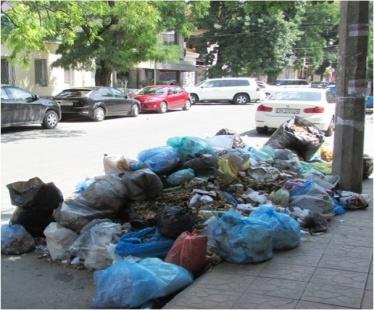
Ex2 p.86
Listening for specific information
T: Listen to three people talking about things they find annoying in the place they live. What is each person’s problems? (Bob, Helen, Peter)
Bob: It makes my blood boil when people throw rubbish on the streets. In my area, it's so messy! Sometimes, it seems as if there's rubbish everywhere - on the pavements, in the gutters, even in people's gardens. I mean, why can't people just put their rubbish in a bin -there are plenty around! It's a disgrace!
Helen: It really gets on my nerves that public transport is so crowded in my city. It's impossible to drive into the city now, because there's nowhere to park, so basically everyone goes to work or school by bus. I guess that's good for the environment, but there should be more buses at peak times or they should build an underground train system or something. It's just so horrible standing up all the way to school and sometimes I can't even get onto the bus in the first place. I just can't put up with it anymore.
Peter: It really annoys me that there are so many stray dogs in the streets in my town. Apart from the fact that I feel very sorry for the poor animals that are left out on the street, it's a public health problem! Just the other week, a child was bitten by a stray dog! I mean, surely it's not difficult for the council to have the animals picked up by an animal protection agency? It's a disgrace!
T: What problem does Bob annoy?
What about Helen?
What about Peter?
Актуализация лексики по теме
T: Look at the phrases expressing annoyance, agreeing/ disagreeing.
(Чтение фраз) упр.4 стр.86
Показ слайдов с музыкой
Выбор диалогов

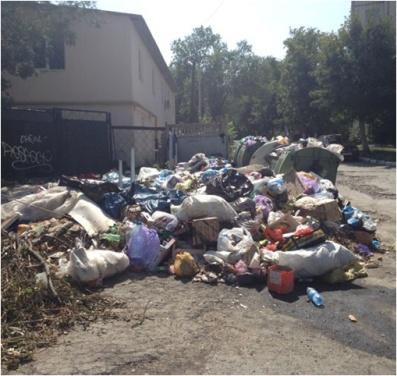
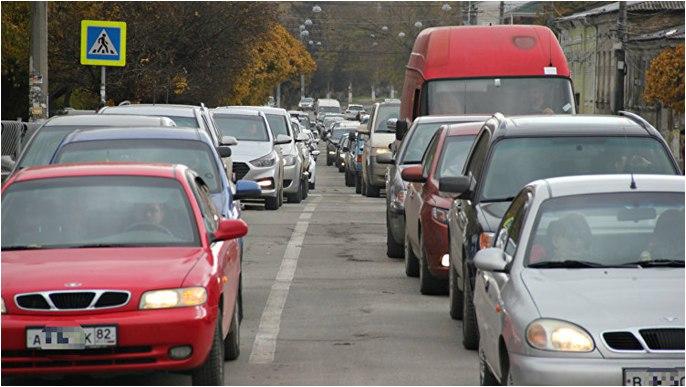
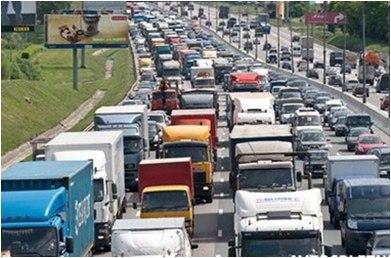

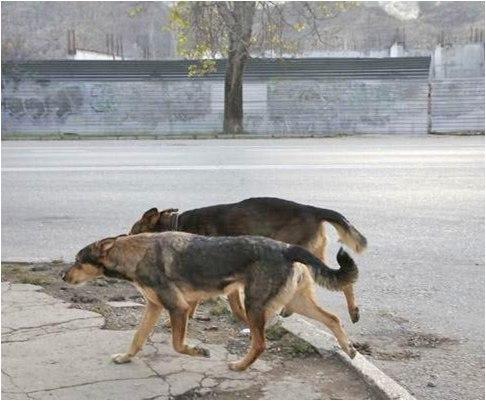


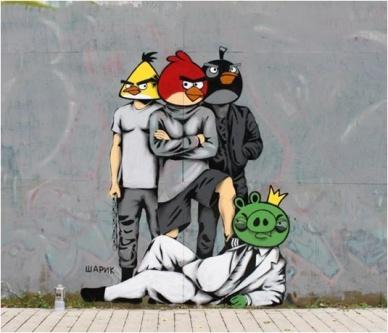




Этап применения знаний . Составление мини-диалогов
T: And now use these expressions in your mini-dialogues concerning these problems
(rubbish in the streets, dog mess, stray animals, heavy traffic on the roads, lack of the parks, smoking on the balcony)
It’s time to relax – физкульт.мин. под музыку
Predicting the content of a dialogue:
Ex.5(a) Listening to the dialogue
T: Where does the conversation take place?
What do you think Bob wants?
Reading for specific information
Ex.5(b)
What is annoying Bob? – His neighbour’s smelly rubbish bin
What’s Tom’s reaction to Bob’s complaint? - Tom is annoyed
What does bob persuade Tom to do what he wants? – He talks about the potential health risks
Writing
T: As you see these problems are common for cities and towns. What solutions do you propose?
Imaging yourself a mayor of the town and write the solution to one of these problems.
If I were a mayor I would …
Рефлексия
You have done a great work!
Do you like the lesson?
What’s your opinion?
(Stick leaves on the tree : green - excellent, yellow – good, brown – so-so. Who was the best? What marks have you put?(смайлики))
Домашнее задание
Составить диалог Ex.6 p.87 и ex. 3 p.86




































